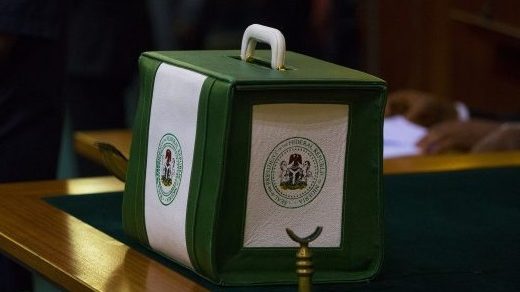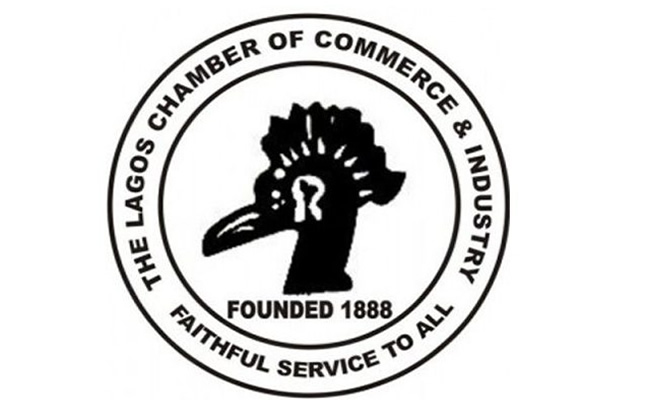25 States to allocate 65% of N20.2trn budget to capital projects

BY MOTOLANI OSENI
The 25 States that have so far released their budgets for 2025 plan to spend 65.7 per cent of the N20.2 trillion spending for the year on capital projects, notes of caution has been sounded on using the budget as a means of siphoning public funds ahead of the 2027 elections.
The 25 states are planning to spend 13.3 trillion on capital projects in the course of the year with N6.87 trillion budgeted for recurrent expenditure, but stakeholders and analysts warn that the huge budgets are a means of accumulating more debt by the states with little to no implementation of the projects planned.
Data released by the states showed that most states are spending upwards of 60 per cent of their planned spending on capital projects with only Kano state planning to spend the bulk of its N549 billion budget on recurrent expenses. The state is plans to use N312.6 billion representing 56.9 per cent of its total budget on operating expenses with capital projects getting 43.1 per cent or N236.5 billion of the budget.
Enugu and Niger States plan to spend the highest percentage of their budget on capital projects with 86.3 and 84.3 per cents of their total budget going to capital expenditure respectively. Out of its total budget of N971 billion, Enugu state plans to spend N837.9 billion on capital expenses with N133.1 billion going to recurrent expenses.
Also Niger state with N1.2 trillion budget and an internally generated revenue of N74.18 billion is looking at spending N1.01 trillion on capital projects while N188.4 billion goes to recurrent expenditure.
With a combined internally generated revenue (IGR) of N3.94 trillion, 19 states in Nigeria are planning to expend N16.27 trillion on recurrent and capital expenditures in 2025. This buttresses the concerns by civil society organisations that most states in the country cannot survive without the federal allocations, as the IGR can only cover 24 per cent of the budget.
Data showed that only two states, Lagos and Enugu, can adequately fund their recurrent expenditure with their IGR and still have some fund left with majority of the states’ recurrent expenditure being multiples of their IGR.
READ ALSO: Breaking: Former FCT minister Useni, dies at 82
BudgIT had last year raised eyebrows on reliability of states on federal allocation, pointing out that 34 out of the 36 states in the country cannot take care of their operating costs without relying on revenue from the Federation Account Allocation Committee (FAAC).
Speaking on the budget of the states, Nigerian civil rights activist and Executive Director of the Civil Society Legislative Advocacy Centre (CISLAC) Auwal Musa Rafsanjani, pointed out that most of the states depend on FAAC and borrowings to be able to offset their bills.
According to him, many states in the country lack adequate economic productivity that will enable them realize the need funds to implement the budget.
“Their budget is largely dependent on the FACC that is shared every month. Secondly, many of the states are initiating capital projects because they just want to use it as an avenue, allegedly, to get money for the next election, and also to embezzle and divert the ones that they can divert through dubious contracts and projects.
“In most of the states, the kind of projects they are embarking on are projects that are not sustainable, projects that not being backed by any financial proposal. What they do is to initiate a project, they do not even do up to 30 per cent of it, and then abandon it. The next person comes and initiates another one.
“So, all over the country, you see several abandoned projects at federal and state levels. This not good for the country, and we should not use budget as a means of stealing public funds. We should not be using budget to plunge the states and the nation into debt,” he pointed out.
Rivers and Lagos were the only two states that generated more than enough Internally Generated Revenue (IGR) to cover their operating expenses, with IGR to operating expense ratios of 121.26% and 118.39 per cent respectively.
In its 2024 State of States Report, asides Lagos and Rivers states which were able to meet their recurrent obligations fully with their IGR, several other states, including Ogun, Anambra, Cross River, Kwara, Kaduna, and Edo, managed to generate IGR sufficient to cover at least 50 per cent of their operating costs, with the rest relying on federal transfers.
Meanwhile, according to the report, States such as Akwa Ibom, Imo, Taraba, Yobe, Bayelsa, and Jigawa required over five times their IGR to meet operating expenses. However, all 36 states managed to raise enough revenue, comprising IGR, federal allocations, aid, and grants, to fully cover their recurrent expenditures.
For the 2025 spendings, data showed that, with an IGR of N1.97 trillion, Lagos state has a budget of over N3 trillion consisting of N1.239 trillion recurrent and N1.766 trillion capital expenditure, while Enugu with an IGR of N509.94 billion, plans to spend N971 billion on both recurrent and capital expenditure. With capital expenditure taking 86.3 per cent of its budget at N837.9 billion, its operating expenses is being put at N133.1 billion.
Only four states, namely: Kaduna, Abia, Oyo and Rivers, can cover more than 50 per cent of their recurrent expenditure with their IGR, as most states can only cover over 20 per cent of their operating costs with their IGR.
According to data, Kaduna, Abia, Oyo and Rivers IGR can cover 59.8, 72.5, 50.6 and 64.9 per cent of their recurrent expenditure respectively. Katsina’s IGR at N64.43 billion can cover 40.8 per cent of its operating cost, while Niger state with a recurrent obligation of N453.56 billion has a cover of 39.4 per cent with its N74.18 billion IGR. Anambra also had a 43 per cent coverage of its N139.5 billion recurrent expense with its N60 billion IGR.
Jigawa’s near total reliance on external funding was evident as the state with a total budget of N698.3 billion comprising of N161.75 billion operating cost and N534.76 billion planned spending for capital projects, is generating only N13.002 billion.
Compared to what was budgeted for capital projects only Lagos is able to use its IGR of N1.97 trillion, to cover its capital expenditure of N1.766 trillion. Niger state which had the second highest budget of N1.2 trillion of which N188.42 billion and N1.01 trillion was planned for recurrent and capital expenditure can only cover 39.4 and 7.3 per cent of its recurrent and capital expenditure.
On his part, founder and ‘chief executive of Center for Promotion of Private Enterprises (CPPE) Dr Muda Yusuf! Noted that, apportioning 65 per cent of the total budget towards capital expenditure is commendable for the states considering the state of the nation.
Noting that some states in the past had spent more than 50 per cent of their budget on paying salaries alone, he said considering to spend more than 60 per cent on capital projects is a welcome development on the part of the states.








